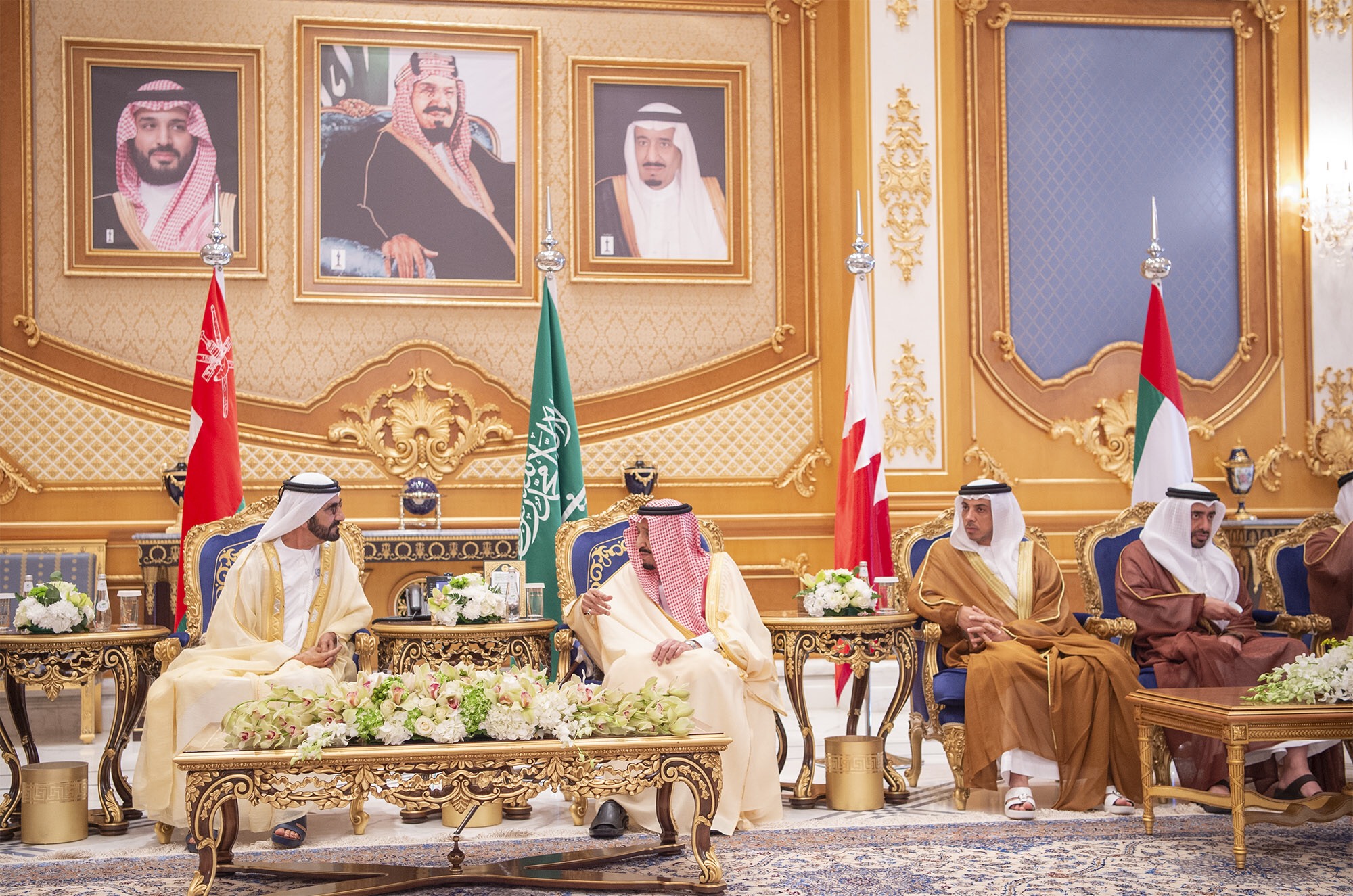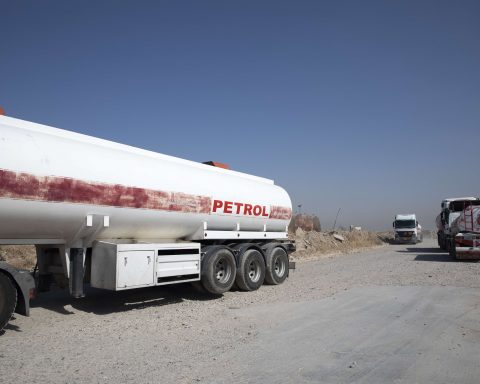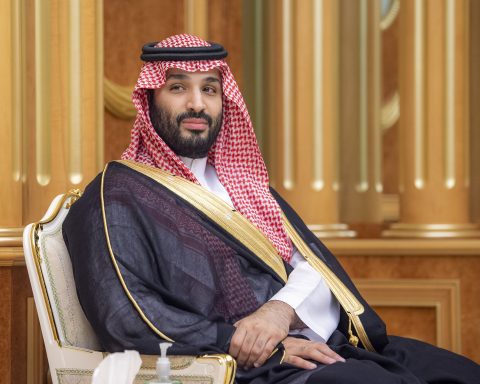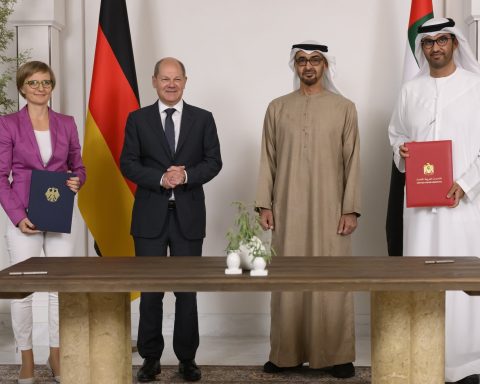Saudi Arabia will exclude goods made by companies employing less than 25% local workers and industrial products with less than $40 added value after transformation from the Gulf Cooperation Council (GCC) tariff accord, according to a Reuters article written by Aziz Yaakoubi, Marwa Rashad, and Davide Barbuscia.
All commodities created in free zones in the region will not be considered locally made, according to a ministerial decision published in the Saudi official gazette Umm al-Qura.
Free zones, which are a major source of revenue for the United Arab Emirates (UAE), are regions where foreign enterprises can operate with no oversight and where foreign investors can own 100% of a company. Therefore, this latest move is seen as a direct challenge to the UAE. Despite the fact that, according to recent Saudi trade data, the UAE is the second-largest trade partner after China in terms of import value, Saudi Arabia has announced the latest regulatory adjustments.
Goods containing a component built or produced in Israel, or manufactured by enterprises controlled entirely or substantially by Israeli investors, or by companies named in the Arab boycott agreement against Israel, shall be excluded, according to the directive.
Saudi Arabia, the region’s largest importer, is attempting to diversify its economy and reduce its reliance on oil while also increasing job opportunities for its own residents, a point addressed by the regulation changes announced over the weekend.
In February, the Saudi government said that it would no longer give state contracts to companies having Middle East centers in any other country in the region, posing yet another direct challenge to the UAE. Recently, Saudi Arabia and the UAE have clashed over an OPEC+ agreement.














